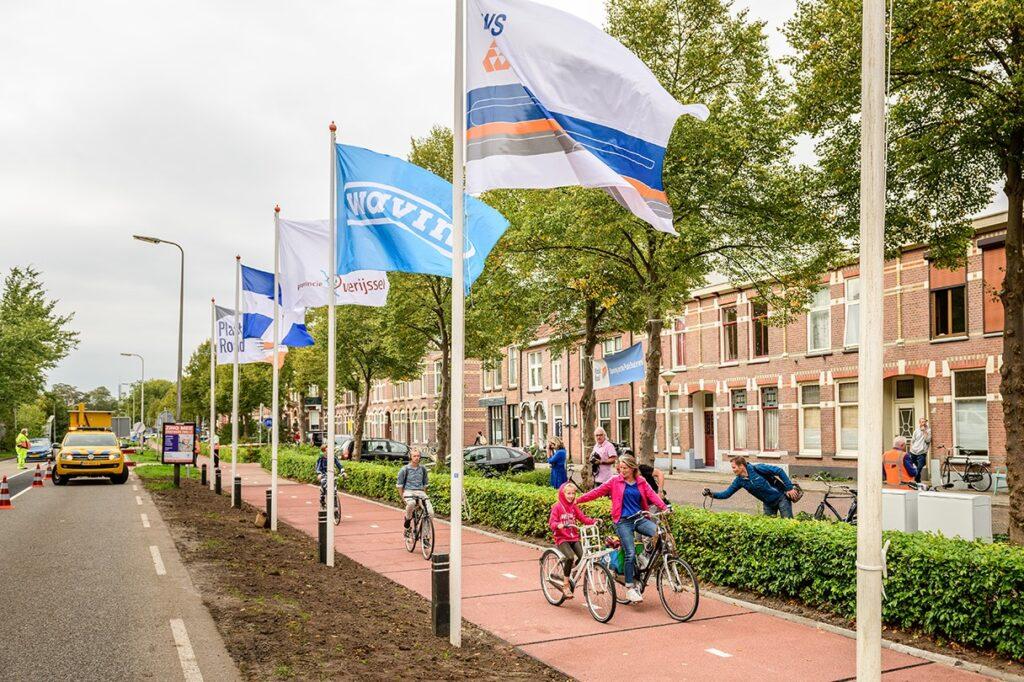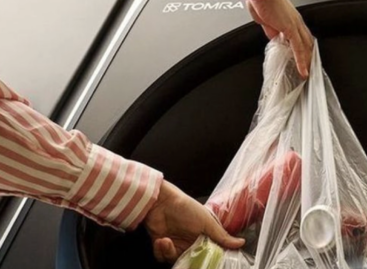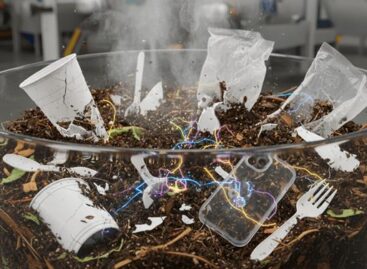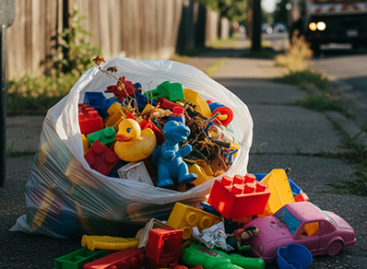Bottles, stockings and sinkholes – now everything can be recycled?
As of January this year, plastic bottles can be returned and recycled in Hungary as part of the mandatory deposit system (DRS). The system has existed in Norway since 1902, and in the future it is conceivable that we will even be able to scan the bar code of returnable bottles at home before throwing them in the smart waste bin. But not only new bottles, but also manholes, drainage blocks, or even bicycle paths are made of recycled plastic, and Wavin in Germany, for example, has already replaced some sewage, gas, and drainage pipes. With the help of Wavin, we can gain insight into the world of mandatory deposit systems and plastic recycling.
Who invented the redemption system and where do we stand in relation to Europe and the world?
The return of recyclable packaging in a deposit system was already implemented in a rudimentary form in 1902 – in Norway. Europe is the leader in mandatory redemption systems, but DRS exists in some states of the USA, such as California or New York, as well as in Australia, and South Korea is a recycling pioneer in Asia. As for our immediate neighbors: Croatia introduced the mandatory redemption and recycling system in 2006, Slovakia in 2022, and Romania last November.
Related news
How do plastics become soil killers? What should we pay attention to at Christmas to curb plastic dumping?
🎧 Hallgasd a cikket: Lejátszás Szünet Folytatás Leállítás Nyelv: Auto…
Read more >Christmas plastic dumping: why and how to reduce waste during the holidays?
🎧 Hallgasd a cikket: Lejátszás Szünet Folytatás Leállítás Nyelv: Auto…
Read more >









